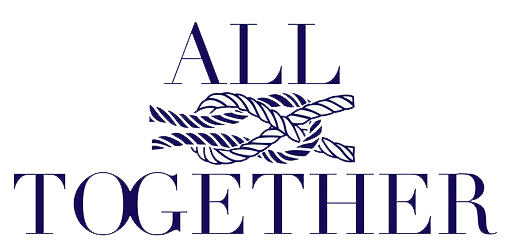Finding the right educational support for children with autism is a top priority for many families. If you’re searching for an “ABA school near me” or an “ABA therapist near me”, understanding how Applied Behavior Analysis (ABA) transforms learning can help you make the best choice for your child.
What Is Applied Behavior Analysis (ABA)?
Applied Behavior Analysis (ABA) is a research-backed approach designed to improve socially significant behaviors, communication, and learning skills in children with autism. ABA therapy breaks down complex skills into manageable steps, using positive reinforcement to encourage progress and mastery.
How ABA Improves Learning for Children with Autism
1. Individualized Instruction
ABA programs are tailored to each child’s unique needs. Therapists assess strengths and challenges, then create personalized goals that target communication, social skills, academics, and daily living abilities. This individualized approach ensures that every child receives the support they need to thrive.
2. Skill Building Through Structured Techniques
ABA uses evidence-based techniques such as:
– Discrete Trial Training (DTT): Teaches specific skills through repeated practice and immediate feedback.
– Pivotal Response Training (PRT): Focuses on key developmental areas like motivation and self-management.
– Natural Environment Training (NET): Promotes learning in everyday settings to help children generalize skills.
3. Positive Reinforcement
Children are rewarded for each step they accomplish, even if they need help at first. This child-friendly approach keeps learning enjoyable and motivating.
4. Measurable Progress
ABA therapists regularly monitor and measure each child’s progress, adjusting teaching strategies as needed. This data-driven method ensures that interventions remain effective and relevant.
The Role of ABA Therapists in Schools
An ABA therapist can work within school settings to:
– Support classroom management and behavior reduction
– Teach new academic, social, and self-care skills
– Collaborate with teachers and families to reinforce learning goals at home and school
Even if teachers are not certified ABA therapists, many incorporate ABA principles—such as modeling desired behaviors and reinforcing positive actions—into daily instruction.
Why Early Intervention Matters
Research shows that starting ABA therapy as early as possible—often between ages 2 and 6—leads to the greatest improvements in communication, social skills, and school readiness. However, ABA is effective for learners of all ages and abilities.
What to Look for in an ABA School Near You
When searching for an “ABA school near me” or an “ABA therapist near me”, consider these factors:
– Individualized programs tailored to your child’s needs
– Qualified ABA therapists with experience in autism support
– Family involvement in goal setting and skill reinforcement
– Data-driven progress monitoring to ensure ongoing growth
Conclusion
Choosing an ABA school or therapist is a significant step toward helping your child with autism reach their full potential. Applied Behavior Analysis offers a proven, structured, and compassionate approach to learning—empowering children to build essential skills for life. If you’re ready to explore options, start by searching for an “ABA therapist near me” or an “ABA school near me” to find the right support for your family.
All Together is committed to providing expert ABA therapy and educational support for children with autism. Contact us today to learn more about our programs and how we can help your child succeed.





